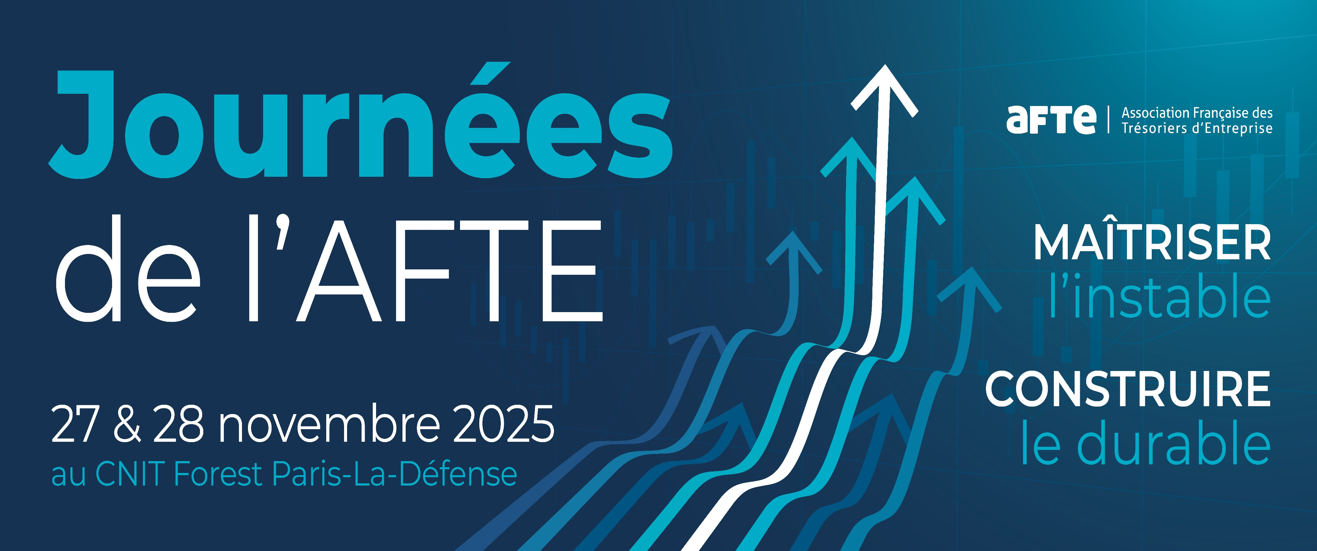
Bank communication
Secure payment management platform and automatic retrieval of account statements
Cash management
Cash management platform providing a clear and precise overview of your daily transactions

Cash flow forecasts
Cash flow forecasting management

Bank fees
Invoice collection, comparison with bank contracts, display of discrepancies

Anti-fraud
A solution for securing your third-party repository with hot or cold checks
.svg)
Accounting entry generator
Automatic generation of accounting entries
.svg)
Banking powers
Management of banking powers, in paper and electronic format
.svg)
Compliance
Compliance with international sanctions lists and rules related to your internal policy

Netting
Netting position tracking solution
.svg)
Accounting reconciliation
Automatic accounting reconciliation solution
.svg)
Mandathèque
Mandate management solution

Risk Management
Risk management for interest rates, foreign exchange, securities and commodities

Heading

Payments
Secure payment management platform
Cash management
Cash management platform providing a clear and precise visualization of your daily operations and cash flow forecasts

Automation
Intuitive rules engine for easy interface creation, quick connection of heterogeneous applications, and automation of low-value actions

Bank fees
Invoice collection, comparison with bank contracts, display of discrepancies

Anti-Fraud
A solution for securing your third-party database with hot checks (during payment campaigns) or cold checks (analysis of third-party databases)

Business Intelligence
A Business Intelligence solution that includes data collection, analysis, and presentation through configurable, interactive, and customizable reports

Exchange Hub
Tool for managing flows and orchestrating processes, handling inter-application data exchange

Payments
Secure payment management platform and automatic retrieval of account statements
Cash management
Cash management platform providing a clear and precise visualization of your daily operations and cash flow forecasts

Automation
Intuitive rules engine for easy interface creation, quick connection of heterogeneous applications, and automation of low-value actions

Bank fees
Invoice collection, comparison with bank contracts, display of discrepancies

Anti-Fraud
A solution for securing your third-party database with hot checks (during payment campaigns) or cold checks (analysis of third-party databases)

Journal entry
Automatic generation of accounting entries

Exchange Hub
Tool for managing flows and orchestrating processes, handling inter-application data exchange

Compliance
Compliance with international sanctions lists and rules related to your internal policy

Heading

Payments
Secure payment management platform
Cash management
Cash management platform providing a clear and precise visualization of your daily operations and cash flow forecasts

Automation
Intuitive rules engine for easy interface creation, quick connection of heterogeneous applications, and automation of low-value actions

Bank fees
Invoice collection, comparison with bank contracts, display of discrepancies

Anti-Fraud
A solution for securing your third-party database with hot checks (during payment campaigns) or cold checks (analysis of third-party databases)

Business Intelligence
A Business Intelligence solution that includes data collection, analysis, and presentation through configurable, interactive, and customizable reports

Exchange Hub
Tool for managing flows and orchestrating processes, handling inter-application data exchange









